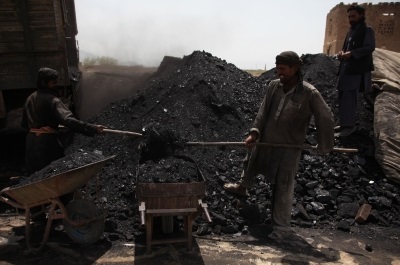New Delhi, (Samajweekly) A Delhi court has discharged three accused — Manoj Jayaswal, Ramesh Jayaswal, and Abhijeet Infrastructure Ltd. — in a money laundering case connected to the allocation of Brinda, Sisai, and Meral coal blocks in Jharkhand.
The case revolved around allegations of money laundering amounting to approximately Rs 650 crore following the wrongful acquisition of a letter of allocation from the Ministry of Coal.
The Enforcement Directorate (ED)’s case had originated from a Central Bureau of Investigation case that centred on the acquisition of coal blocks through the use of forged documents and misrepresentation of the company’s status before various government entities, including the Screening Committee and the Ministry of Steel and Ministry of Coal.
The judge said that there was insufficient evidence to establish that the accused had committed the offense of money laundering. He also indicated that an investigation was necessary to determine whether Abhijeet Infrastructure Ltd had engaged in cheating the consortium of banks, led by the State Bank of India, saying that it was the responsibility of the ED to evaluate this matter and decide whether to pursue further action.
Defence lawyer Vijay Agarwal argued that the case lacked a solid foundation since the only scenario in which proceeds of crime could be generated from such an allocation was if coal from the block had been extracted, sold, and the generated amount utilised.
The ED, however, failed to demonstrate that any property had been generated from the coal block allocation. The ED’s allegations included claims that the company allotted shares at a premium significantly higher than their actual value, thereby inflating its net worth from Rs 30 crore prior to the allocation to approximately Rs 750 crore after securing the coal block.
This alleged inflated net worth allowed the company to obtain substantial loans from banks. Following the de-allocation of the coal block, the net worth of the Abhijeet Group purportedly plummeted to minus Rs 69 crore in 2018.










